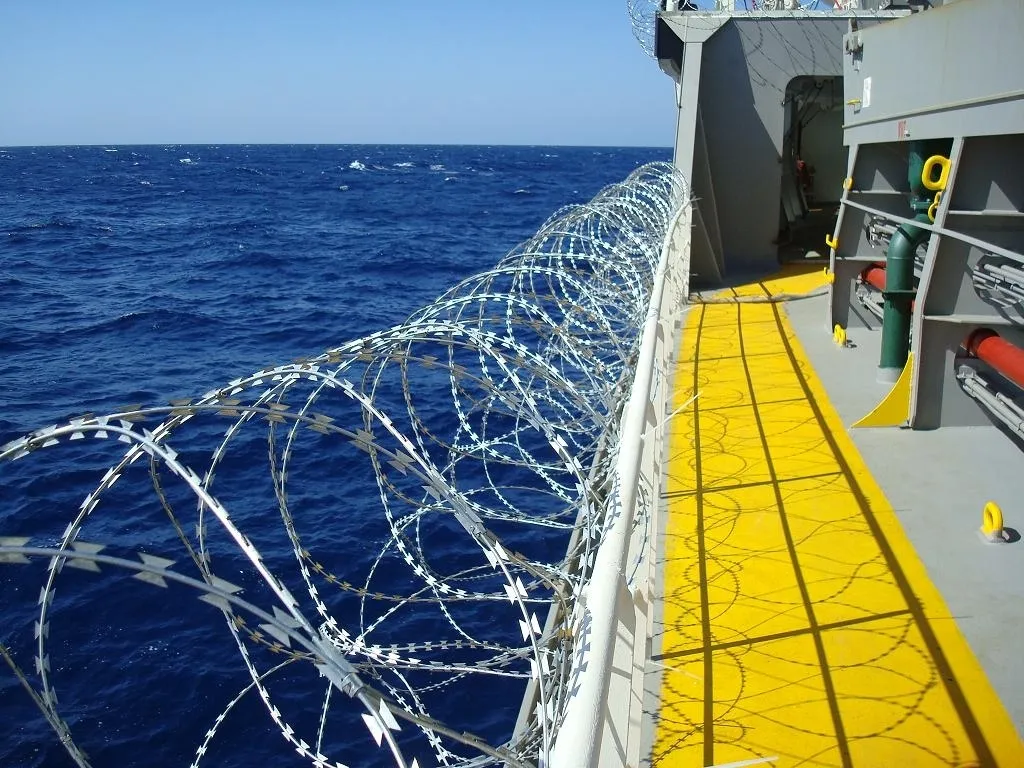Understanding Wire Mesh Fence Sizes A Comprehensive Guide
Wire mesh fences are a popular choice for a variety of applications, from securing properties to creating animal enclosures. One of the key factors to consider when selecting a wire mesh fence is its size, which can vary significantly based on the intended use. In this article, we will explore the different sizes of wire mesh fences, their characteristics, and how to choose the right one for your needs.
Types of Wire Mesh Fences
Wire mesh fences come in various types, including welded wire, chain link, and woven wire. Each type offers its unique features and benefits, but they all rely on the same fundamental principles of wire mesh construction.
1. Welded Wire Fencing This type is constructed by welding intersecting wire strands together, creating a grid-like structure. It is typically available in rolls or panels and can be customized based on height and mesh size.
2. Chain Link Fencing Made from woven wire, chain link fences are often seen in both residential and commercial properties. They come in different heights and mesh sizes, making them versatile for various applications.
3. Woven Wire Fencing This fence type is commonly used in agricultural settings. It consists of horizontal and vertical wires that are woven together, allowing for specific spacing that can accommodate different species of animals.
Common Sizes of Wire Mesh Fences
The sizes of wire mesh fences can vary greatly depending on the specific requirements of the project
. Here are some common dimensions to consider- Height Wire mesh fences typically come in heights ranging from 3 feet to 12 feet. The ideal height depends on what you are trying to contain or protect. For instance - 3-4 feet Suitable for garden perimeters or decorative applications. - 5-6 feet Commonly used for residential properties to provide security and privacy. - 7-12 feet Often employed in commercial or industrial settings, especially where higher security is necessary.
wire mesh fence sizes

- Mesh Size The size of the openings in the mesh is another critical factor. Wire mesh sizes can range from ½ inch to 6 inches, impacting what can pass through the fence. For example - ½ inch to 1 inch Ideal for small animals or garden fencing. - 2 inches Commonly used for general security purposes. - 4 inches and above Appropriate for containing larger livestock or as a perimeter for commercial properties.
Factors to Consider When Choosing Wire Mesh Fence Sizes
When selecting the size of your wire mesh fence, consider the following factors
- Purpose The primary consideration is what you need the fence for. If you’re enclosing livestock, select a mesh size and height that prevents animals from escaping. For a garden, smaller openings may be more appropriate.
- Local Regulations Check with your local authorities regarding any zoning laws or regulations that may dictate fence heights or materials. Some areas may have restrictions to ensure aesthetic consistency or safety.
- Aesthetics The look of the fence can also influence your decision. Thicker wires and taller fences may provide a more robust and intentional appearance, while lighter options can blend more seamlessly into the landscape.
- Budget Finally, consider your budget. Higher fences and custom sizes may come at a premium. Balance your desire for safety and functionality with your financial constraints.
Conclusion
Wire mesh fences offer durability and practical applications across various settings, from homes to agricultural land. Understanding the sizes available can help you make an informed choice. Take the time to assess your specific needs and consider height, mesh size, and other factors before making your decision. By carefully selecting the appropriate wire mesh fence size, you can ensure that it meets your requirements for safety, aesthetic appeal, and budgetary considerations. Whether for security, containment, or decorative purposes, a well-chosen wire mesh fence can serve your needs effectively for years to come.

















